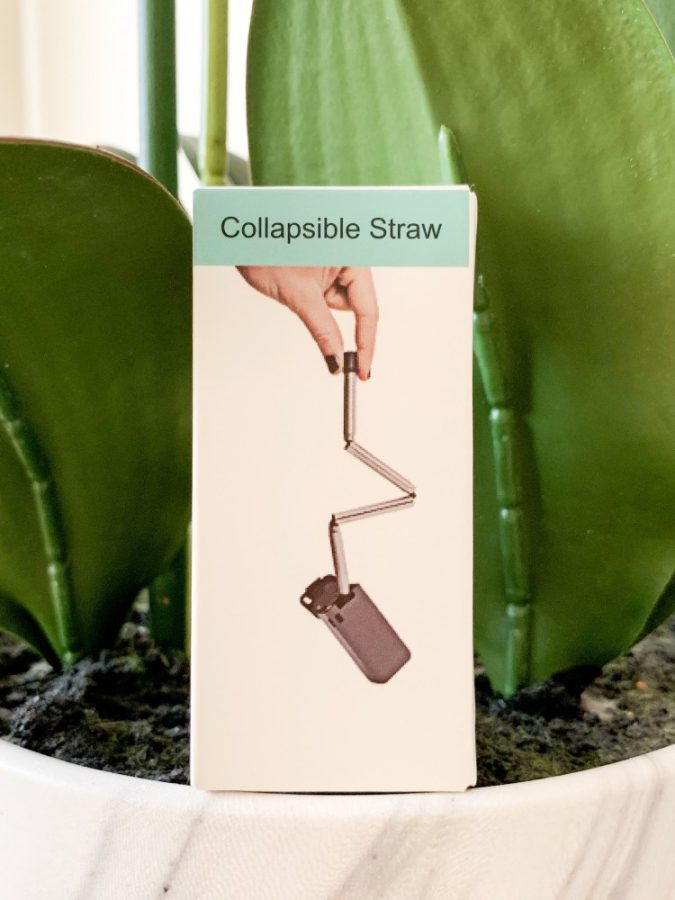Like so many of you, I care to think of myself as an environmentalist. The title is defined as someone who is simply “concerned for” and/or “advocates” for the protection of the environment. This term is easy to adopt because of its inherent generalities, similar to how boutique brand deals have diluted the appellation of “influencer”, or LinkedIn’s infamous “Decision Maker” description. But, my assumed eco-friendly Wildcat, are you truly an environmentalist? I presume you have at least a baseline interest if you have ventured beyond the headline. If this is true, then it can also be assumed that you have refused a plastic straw or two in your day. As noble as the restraint may seem, allow me to expand on why it does and doesn’t matter.
Plastic straws alone are not the enemy but the face we needed in regard to sustainability. Straws symbolize Western throwaway culture. Even though the diminished use of plastic straws come with its own set of social issues (i.e. the exclusion of the disabled), it is still highly encouraged that you take this small step away from plastic consumption. That facet aside, let’s discuss the double-dealing truths of corporate greenwashing.
Ultimately, the world’s demise isn’t solely at the hands of the 7 billion people that inhabit it, but rather the 100 Fortune 500 companies that control the global market. Environmental activism has been rebranded and displaced into the hands of consumers to make the masses feel predominantly responsible for the climate crisis. As much as you may get down on yourself for taking a long shower or getting that extra car wash, those small slip-ups won’t alter the status of Earth’s expiration date in comparison to the 20 percent of global waste water produced by the fashion industry annually, for example. In the midst of capitalism it is difficult to be a mindful consumer when the only solutions publicized to you are to not ask for a straw.
Nonetheless, participating in this one-of-many buyer habits is important because of the general shift in social consciousness it catalyzes, rather than its literal effect on the environment. Companies seek to appease and cater to customers in pursuit of maximum fiscal return. If a majority of said customers constantly choose to take the eco-friendly route, businesses, in response, will follow. Capitalism comes full circle in that consumers have the option, given the monetary means, to essentially protest and vote with their dollar. Reasonably, not everyone can shop at Madewell, or trade in their car for a brand-new electric one. There are some options our budgets just can’t circumvent. However, there are a few things we as patrons can start with:
RELATED: Mobile application class coming back to UA class roster
1. Research the clothing brands you frequent. Fast fashion is riddled with humanitarian misfortunes, one of them being that it is now second only to the oil industry as the largest polluter in the world. If, like many of us, you can’t afford to entirely make the shift to sustainable clothing brands, simply buy less. Invest in singular, multi-use pieces that lean toward timelessness. Take the time to pick up a sewing needle or get your items altered when they don’t fit rather than throwing them out. Contrary to popular belief, outfit-repeating is sensibly in-style.
2. Buy your food locally. Along with farmers markets and mom-and-pop grocers, Tucson is now including the San Francisco-based company Imperfect Produce to its roster of environmentally and socially conscious food accommodations. Bankrolling local business owners and companies such as this one is one of many ways you can not only support our domestic economy, but also feel good about what you’re eating and who you’re giving your money to.
3. Yes, skip the straw. It’s not so much that it helps but that it doesn’t hurt.
Follow the Daily Wildcat on Twitter









